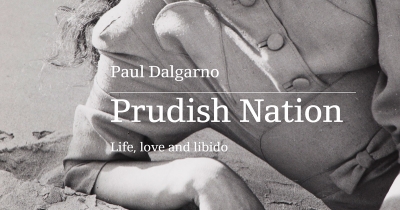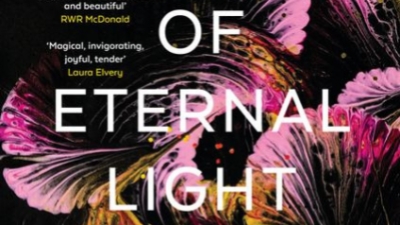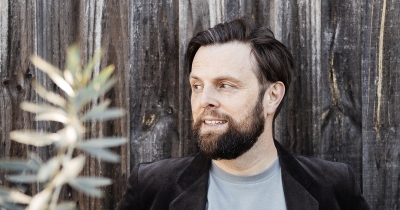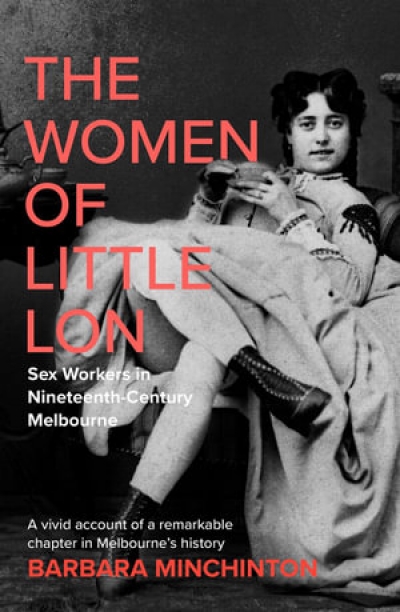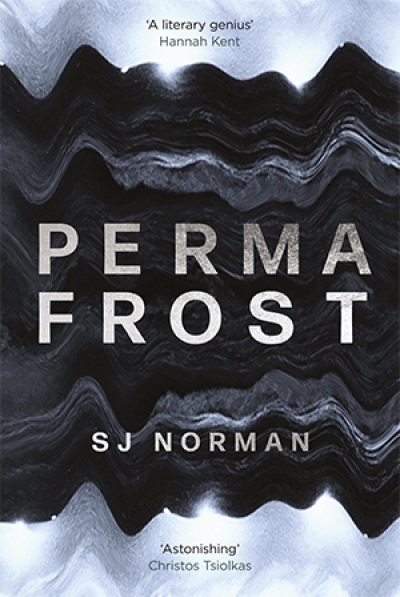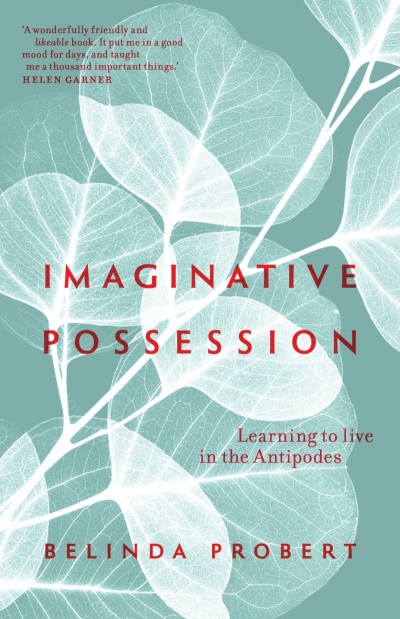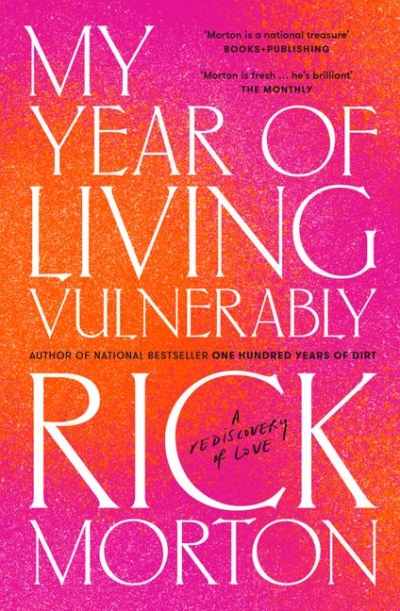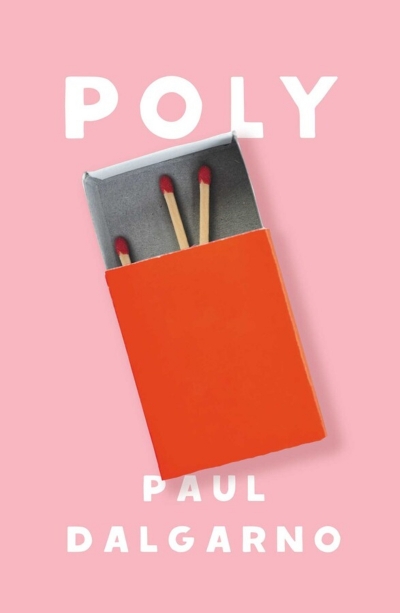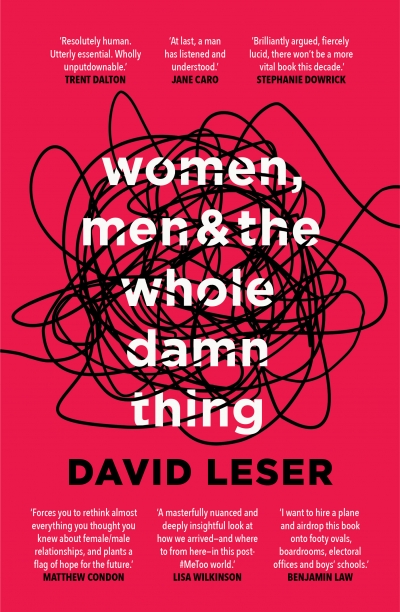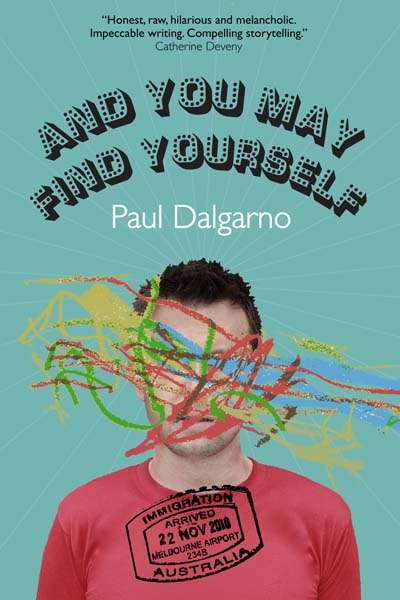Ambiguity, done well, has a bifurcating momentum that can floor you. The late Argentinian writer Julio Cortázar, a master of unsettling short stories shot through with ambiguity, knew this and used it to pugilistic advantage, declaring that ‘the novel wins by points, the short story by knockout’. Ambiguity is likewise central to S.J. Norman’s début collection, Permafrost, seven eerily affecting stories that traverse and update gothic and romantic literary traditions, incorporating horror, queer, and folk elements to hair-raising effect. No matter how often you read these spectral tales, they simply refuse to resolve themselves definitively. It could be that things have gone spectacularly wrong and that, simultaneously, everything is okay – a see-saw in constant motion, made all the creepier by the fact nobody is sitting on either side.
...
(read more)

